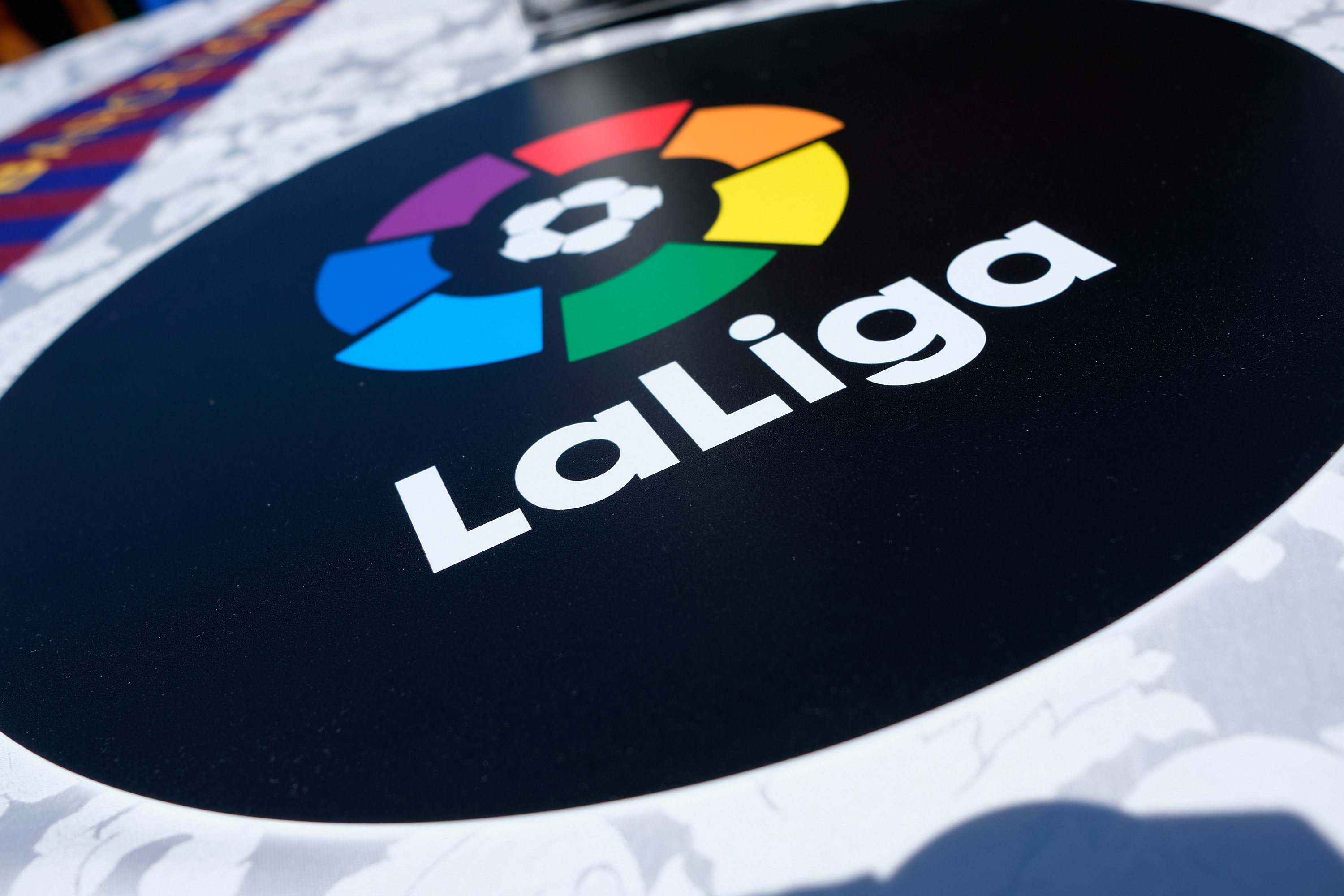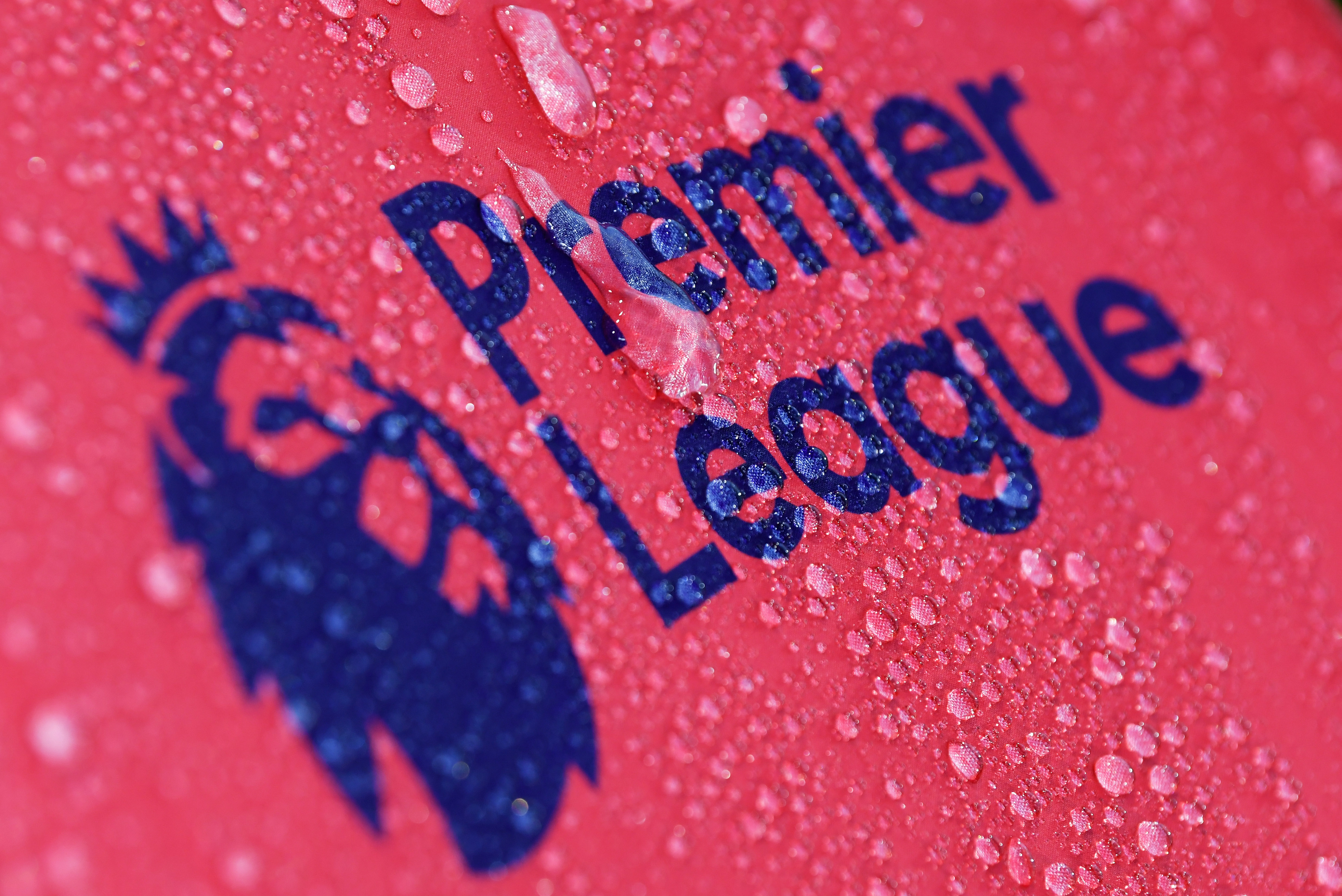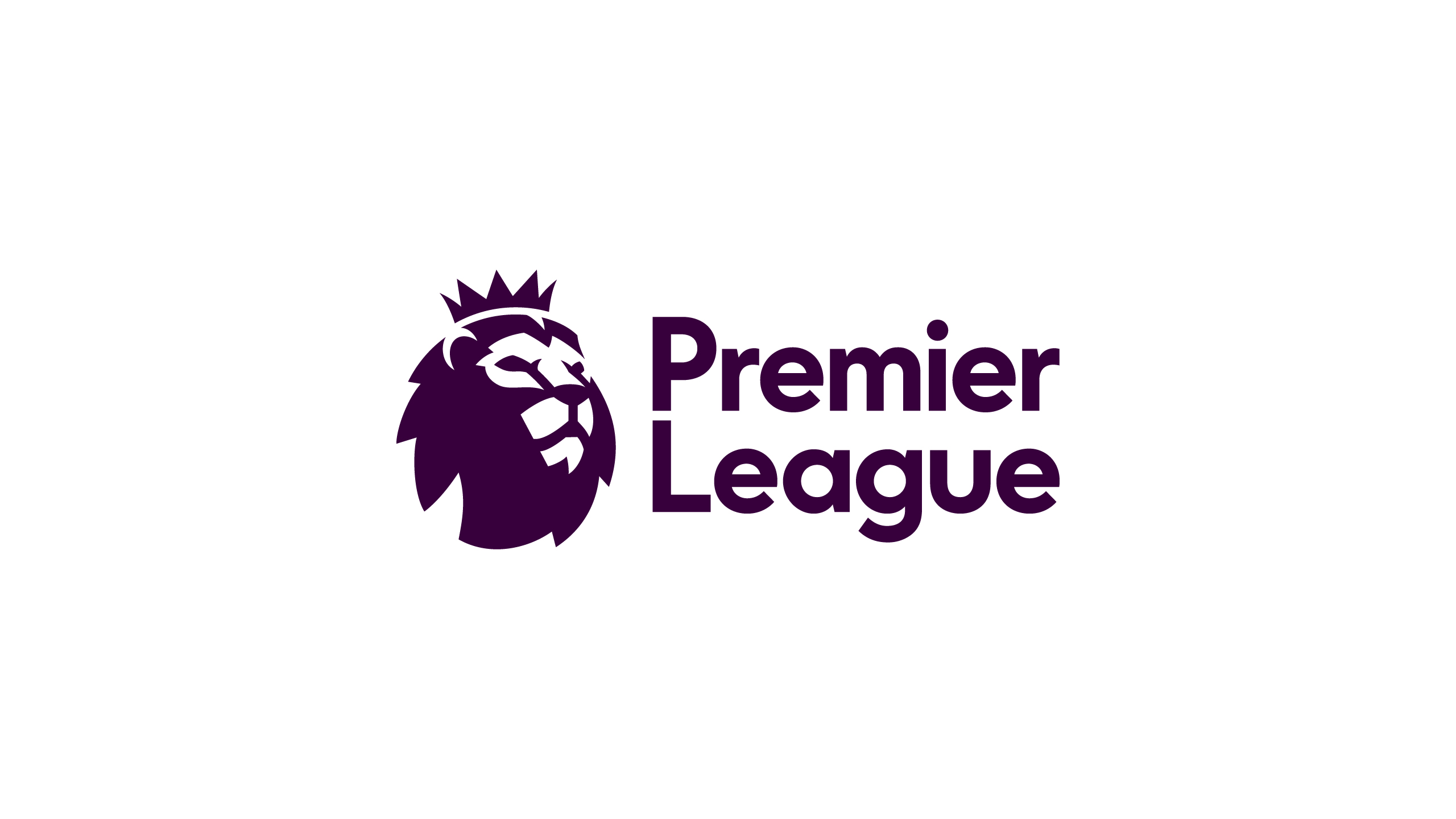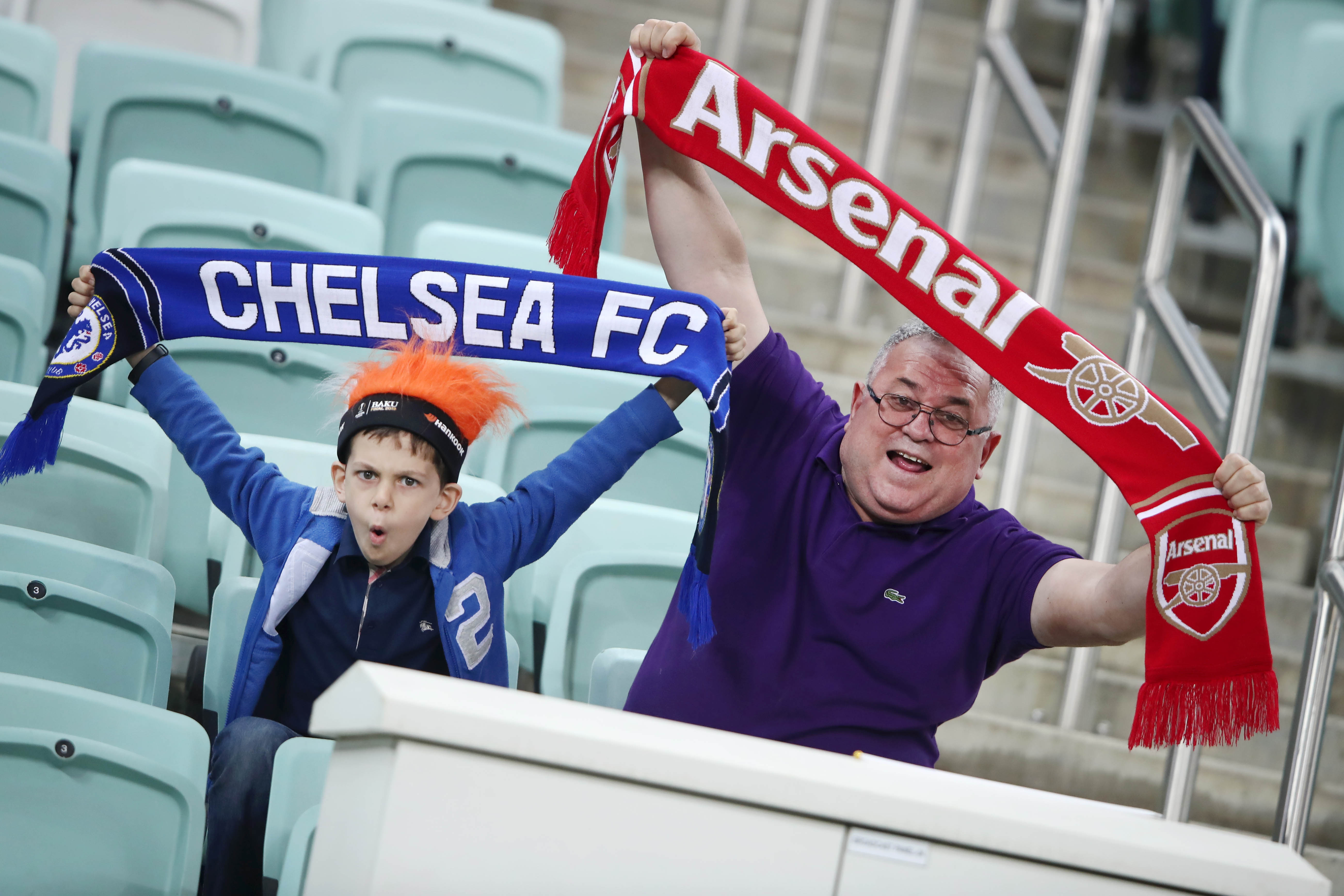Sir Alex ’s reign at Manchester United is looked upon with envy by every other club in the British Isles. His position at Old Trafford is unrivaled in the history of the famous football club. While Sir Matt Busby remains the man responsible for the rise of the phenomenon that this football club has become, Sir Alex Ferguson is responsible for making it grow older, wiser and richer.
Sir Alex has time and again developed his teams for every battle and has been true to his word in knocking Liverpool “off their f***ing perch”. His domestic achievements are no longer be up for debate. Under his reign, Manchester United have equaled Liverpool’s eighteen English titles and left them behind in terms of domestic trophies – the League, F.A. Cup and the League Cup combined. Ferguson has delivered emphatically in England. Europe, however, remains a different proposition.

Sir Alex – Not impressive enough in Europe?
Ever since the ban owing to the Heysel disaster was lifted on English clubs in Europe coupled with United’s resurgence in the premier league era; Ferguson’s teams have been ever-present in Europe’s premier club competition. United’s dominance on the home front wasn’t a coincidence. It was an era in the club’s illustrious history when a certain ‘golden generation’ was coming to their own. Never since “The Babes” had there been such a buzz about a group of youth team players and what unfolded in the following years fully justified the air of expectation surrounding them.
If the so called “Fergie’s fledglings” were blossoming, there was the ‘King of Old Trafford’ to shepherd them through. Eric Cantona was setting the premiership alight with his skills, vision, charisma and sheer brilliance but European glory still continued to evade as United suffered setbacks after setbacks. Second round exit at the hands of Galatasaray followed by a group stage exit in the following year was hardly the stuff of English champions. Fergie, for all his tactical acumen, was yet to crack the European code.
Finally, it was the year 1997 that saw a much more balanced approach in United’s game play reaping rewards. A fantastic European run to the semi-finals was brought to an end by German side Borussia Dortmund. But United lost more than just that match, they also lost their talisman. Cantona unceremoniously announced his retirement.
Despite all that United didn’t lose heart, they came bouncing back the following year and topped their group which included Italian giants Juventus. But it all fell apart once again in the knock out stage as they bowed out on away goals against Portugal’s Porto. It would seem that they were destined to be the perennial Bride’s maid. Patience was running thin as Europe remained elusive.
Ferguson was desperate to emulate Sir Matt in guiding United to the European crown. He spent 27.7 million pounds to sign Yorke, Stam and Blomqvist before the 1998-99 season got under way and the money was well spent as United won an unprecedented treble. United won both the domestic trophies and reclaimed the European cup after thirty-one years of yearning for it.
It was in many ways the perfect ensemble squad that a club could ask for. Paul Scholes and Roy Keane formed a mid-field partnership that would widely be regarded as the best in European circles. In Paul Scholes, United found the creativity and flair to unlock the best and meanest of defenses, whereas Roy Keane provided the assurance and license for his team mates to lay siege on opposition goal. The wing combination of Ryan Giggs and David Beckham was running rings around full backs around the world. United also had four of the worlds top marksmen in their ranks to convert most half-chances into goals. The squad was absolutely brimming with brilliance and flair. Success on a regular front did not look a remote possibility.

Part of The ‘Golden Generation’ – Giggs (L),
Neville (R) and Beckham(2nd from R)
But there are few guarantees in football, and ‘success’ is surely not one of them. Sir Alex continued to deploy his all-out attacking philosophy which had won him everything domestically when a more cautious approach was the ‘need of the hour’ in Europe. The Old Trafford club continued to play their brand of attractive football and in the process won many admirers, but could not convert it into European success. The Italian efficiency or the German precision would always overpower the English grit and flair. ‘Wasted’ would be a harsh word to describe such a successful era, but United had not fully utilised the resources at their disposal in the right way.
But wise men learn from their follies and the approach to European heaven has been moulded remarkably. The carefree attacking approach has given way to a more measured one, so it should come as no surprise that the results have improved drastically. The 2006-07 campaign was probably the beginning when realisation dawned on Sir Alex. Since 06-07, Man United have reached the finals twice, winning once, and also reached the semi-finals once.
The win in Moscow was indeed a welcome relief to everyone associated with the club but no more a relief to Ferguson himself. Europe remains his ‘holy grail’ and his claim to being the absolute best may be tainted by his lack of greater European success.
With United’s ‘Golden Generation’ and players like Cantona, Keane, Ruud, Ronaldo and Rooney at his disposal, is winning only two European trophies in fifteen years an under-achievement for this great club?
Sir Alex knows the answer and it wouldn’t be a surprise if he nods in affirmation…




